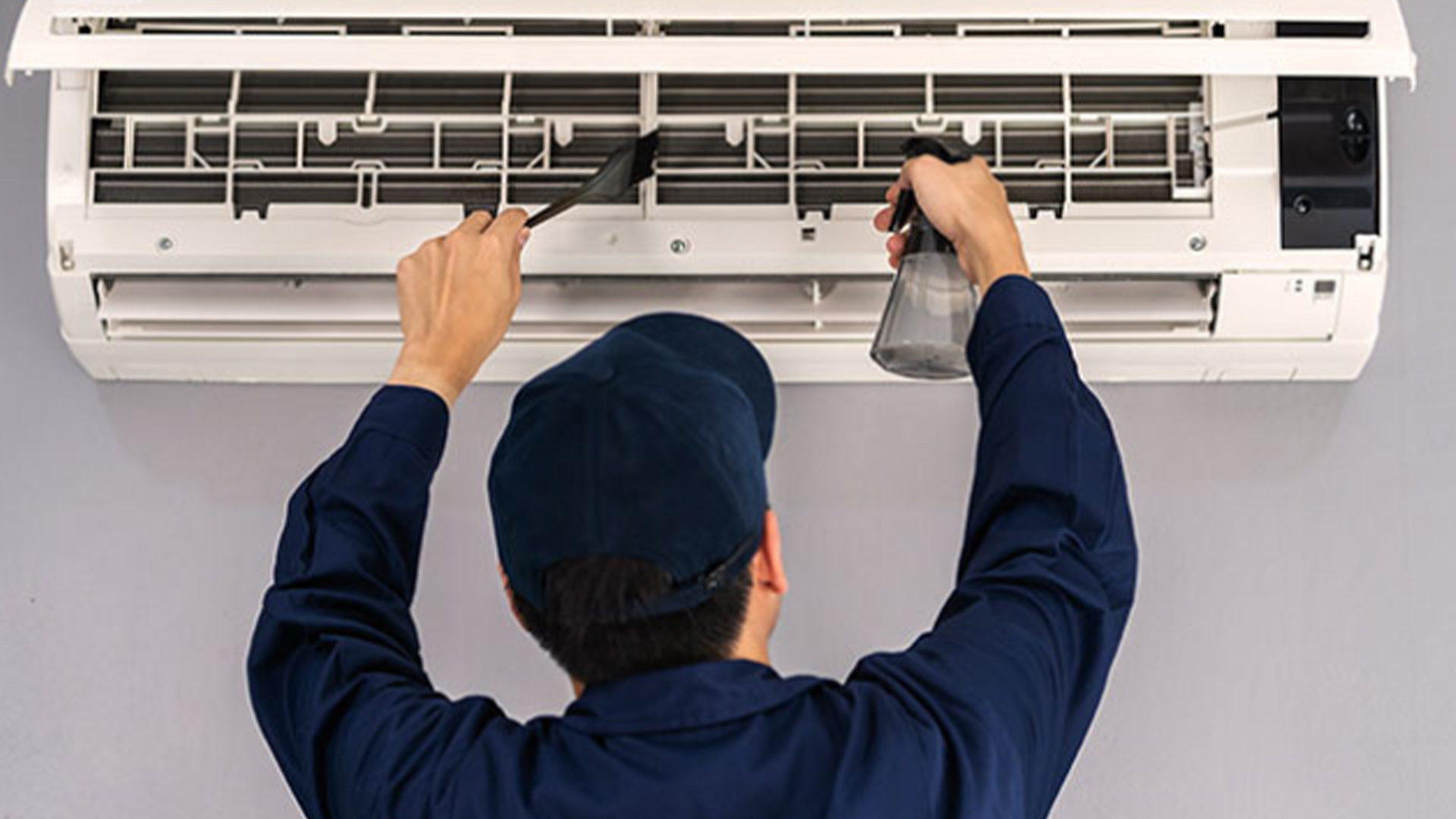Interesting Facts about Internal Air Conditioning Systems

Modern homes and buildings are almost always equipped with air conditioning systems since they offer ease and comfort in controlling the interior temperature and humidity. Internal air conditioning systems are very different from external air conditioners, which are known to most people. According to the Daikin Air Conditioner Service Center in Nagercoil, these lesser-known AC systems have some fascinating characteristics that you may not have recognized before.
They function according to the same theory as external units: Refrigerant is circulated via a closed-loop system by inside air conditioning systems, which operate on the same principle as external units to chill and dehumidify the air. The primary distinction is that internal systems are situated inside a building's walls or ceilings, where they are less noticeable.
They utilize less energy: Internal air conditioning systems are more energy-efficient than external units. This is so that they can keep a pleasant temperature inside without having to contend with the outside weather. Additionally, they can disperse cool air more evenly throughout a building, negating the requirement for several external units.
They can be installed in both new and existing buildings: The adaptability of interior air conditioning systems is one of their advantages. They are a popular option for retrofits and renovations because they can be installed in both new and old structures. Whereas the system can be covertly put in the walls or ceilings of existing structures, it can be planned and integrated into the designs for new ones.
They have the ability to zone: Zoning capabilities are an extra feature of internal air conditioning systems. This implies that distinct sections or chambers within a structure can be cooled at dissimilar temperatures, so offering inhabitants customized comfort. This is particularly helpful in larger homes or buildings where different rooms could require different amounts of cooling.
They make less noise: Internal air conditioning systems are typically produce less noise when compared to external ones because they are mounted inside the walls or ceilings. This is so that the sound does not enter the room directly, but is instead absorbed by the building's structure. Because of this, they are a well-liked option for homes where noise levels may be an issue.
They eliminate the need for bulky window units: The discrete appearance of interior air conditioning systems is one of its key advantages. They do away with the requirement for large window units, which can be ugly and eat up important window real estate. This can be especially helpful for homeowners who want a more streamlined appearance or for buildings with rigorous aesthetic criteria.
They are capable of supplying heat: Although most people think of air conditioning as a means of cooling, interior systems can also generate heat. Actually, a lot of internal systems have a heat pump capability that lets them alternate between heating and cooling. They thereby provide a practical, all-in-one solution for temperature management throughout the year.
While compared to conventional external units, internal air conditioning systems provide a number of advantages. They have a discrete appearance and energy-efficient. These solutions will only get more sophisticated and effective as technology develops, enhancing our interior comfort even more. Thus, keep these fascinating facts in mind the next time you switch on your home air conditioning system and enjoy the comfort and convenience it offers as advised by Best Air Conditioning Service Company in Nagercoil.
